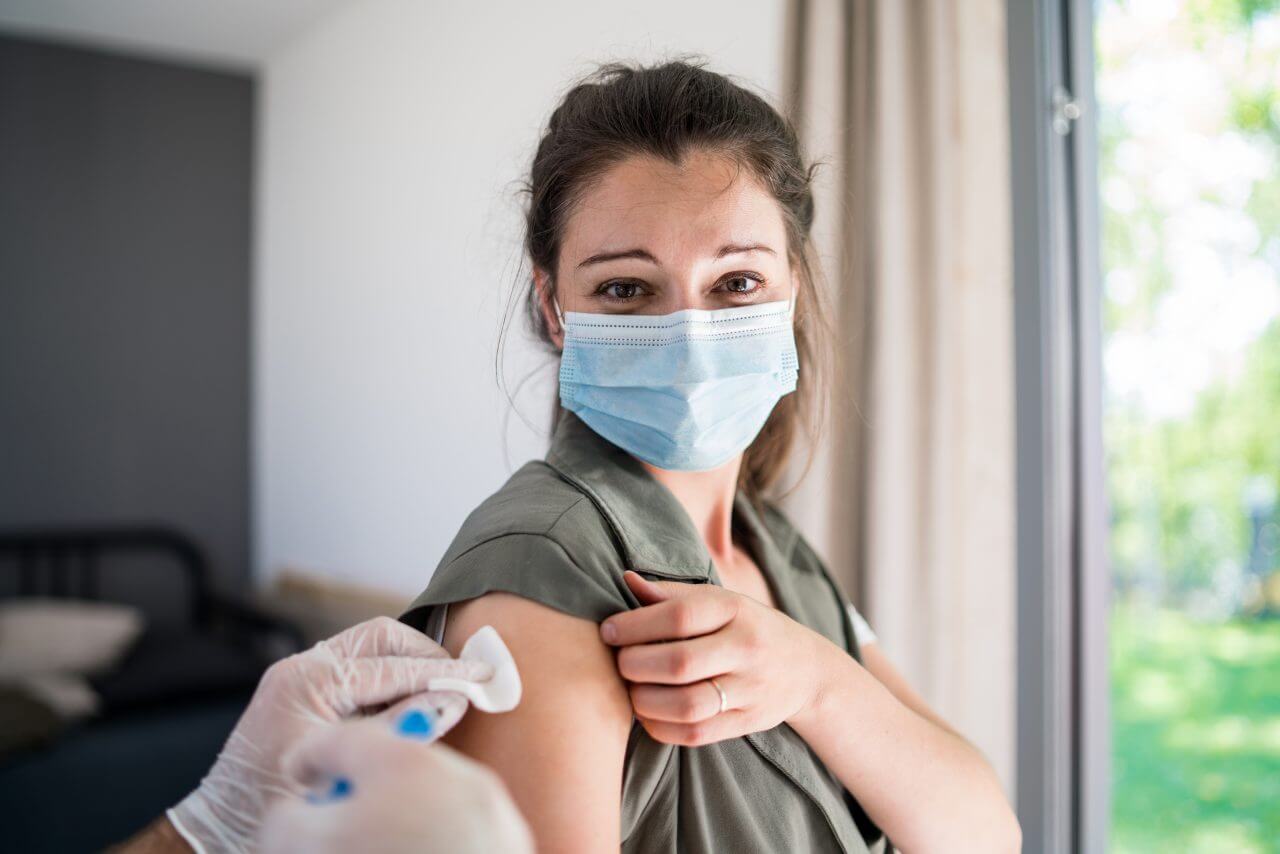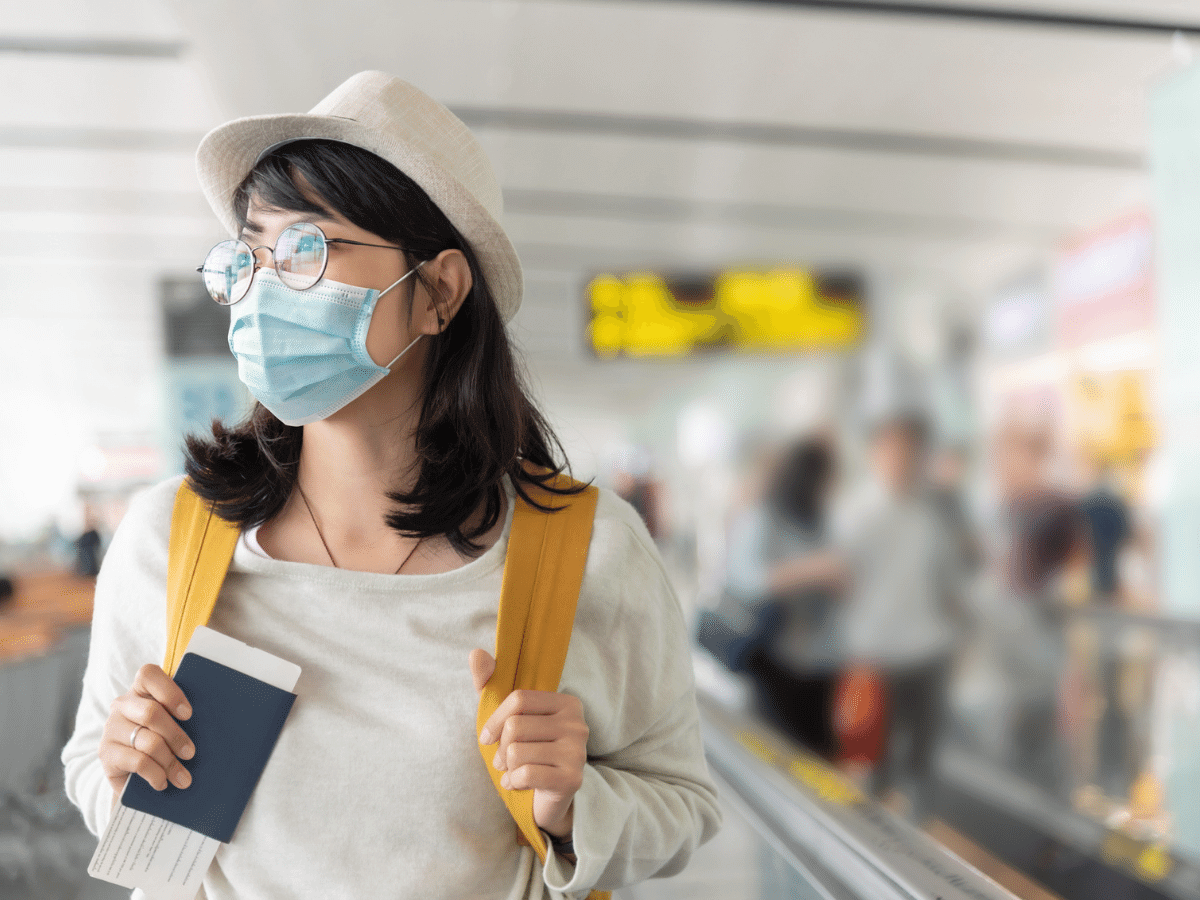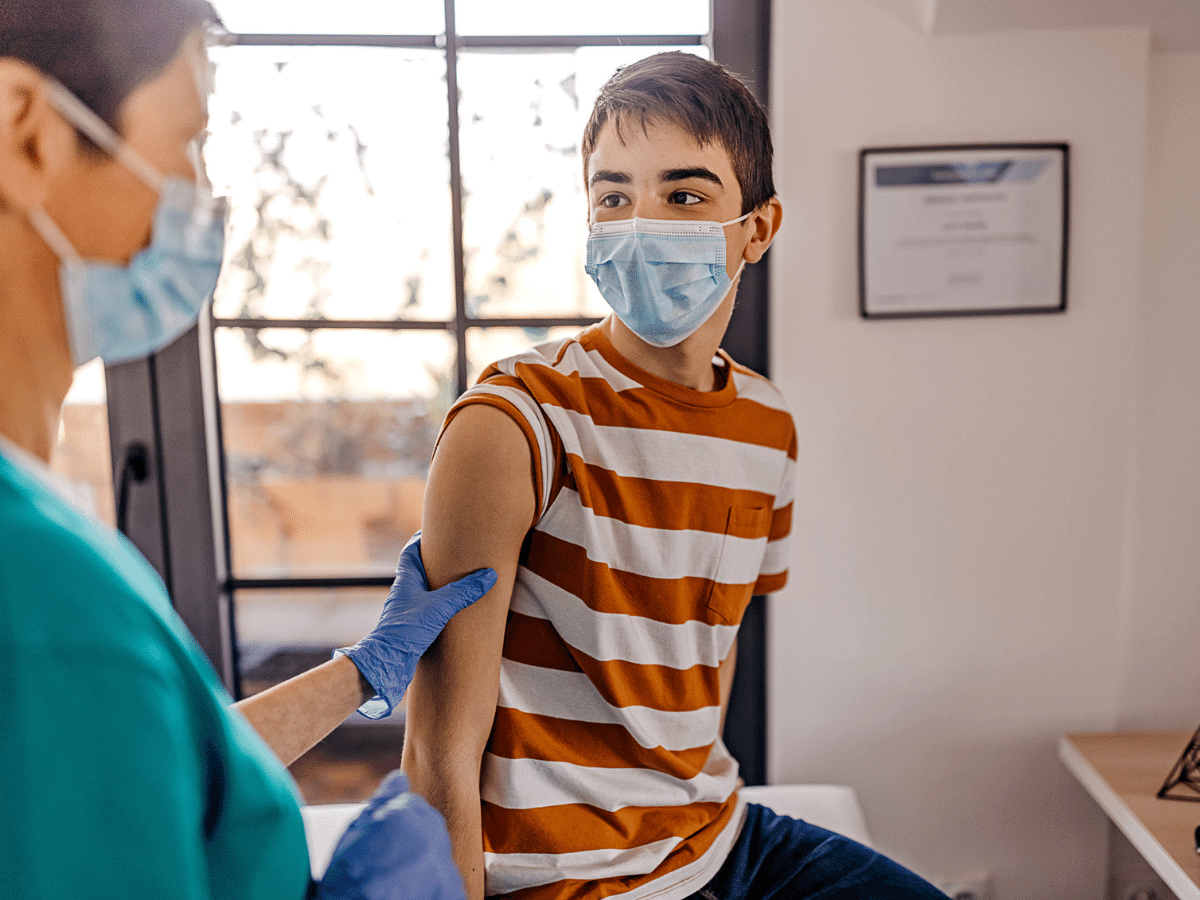How Do Vaccines Work?

Germs are everywhere. When a body is vulnerable and encounters a harmful organism, it can lead to sickness, and in severe cases, death. Our bodies have many built-in defenses against germs to help prevent us from getting ill. Skin and mucous, for example, work to create barriers to prevent pathogens from entering the body in the first place. When germs to make their way into the body, the immune system jumps into action to fight the disease. The immune system is very effective, but in some cases, it doesn’t recognize the new pathogen, which can result in illness.
What is a Vaccine and How Does it Work?
Vaccines help develop immunity to a disease by imitating an infection which protects the body from disease. This imitation type of infection rarely causes illness, but it does cause your immune system to produce antibodies and T-lymphocytes, which are defensive white blood cells that attack cells that have been infected, and antibodies.
Once the infection goes away, your body is left with a supply of “memory” T-lymphocytes and B-lymphocytes that’ll remember how to fight that disease in the future. It typically takes a few weeks for your body to produce these lymphocytes after vaccination, which means it’s possible for someone infected with a disease just before or just after vaccination to develop symptoms and get a disease because the immune system hasn’t had enough time to provide protection.
Not all vaccines are made the same. Some viruses, like COVID-19 and the flu, mutate as they spread among a population, meaning vaccines need to adapt to respond to the particular strain that is affecting a person. Additionally, the body’s “memory” can vary depending on the disease at hand and the type of vaccine used, which means sometimes, we need more than one dose of a vaccine to achieve effectiveness.
Get Vaccinated, and Get Back to Life.
Vaccination is the best way to protect yourself from serious outcomes from COVID-19. Schedule your vaccine appointment at Baptist Health.
Why Are Vaccines Important?
It’s very important for a high level of the population to receive immunizations. If a person infected with the disease is introduced to the community, it will not result in the spread of the disease. If there’s a low vaccine rate, the disease can spread among those who haven’t been vaccinated or those for whom the vaccine wasn’t effective. Here are three important reasons why vaccines are important:
- They decrease the transmission of disease
- They prevent suffering and death to ourselves and loved ones from an avoidable cause
- They reduce the chances of having to bear the financial burden of medical costs associated with disease conditions
Herd immunity is reached once a considerable amount of a population are vaccinated, making it much more difficult for a disease to spread among the community members. This is critically important in the management of disease spread, as it protects not only the vaccinated person, but also helps to shield those in the community who cannot receive vaccines.
How Effective are Vaccines?
No vaccine is 100% effective – for example, the measles-mumps-rubella vaccine is 95-97% effective against measles. The annual flu vaccine varies between 25-70% effective. Both approved COVID-19 vaccines are over 90% effective. Often, a vaccine may not completely prevent a disease, but it can make the symptoms less severe.
Stay informed! Subscribe to our email newsletter to get the most important health and wellness information delivered straight to your inbox.
How Long Does a Vaccine Take to Work?
While each vaccine is different, on average, it takes about two weeks for the body to build immunity to the disease after receiving a vaccination. This is the case for both the flu vaccine and COVID-19 vaccines.
How are Vaccines Tested for Safety?
Before a vaccine is deemed safe and effective, it must first go through a series of tests before it’s available for public use. The U.S. Food and Drug Administration (FDA) oversees these tests, which are called clinical trials.
Once a vaccine is licensed and recommended, it can be safely given to the population. It’s important to note that monitoring continues once a vaccine is distributed.
Some rare side effects may not be discovered during clinical trials, which involve studies of 10,000-50,000 people. But, when it’s used in the general population with millions being monitored, those rare side effects will be discovered. The Centers for Disease Control and Prevention and FDA work together to closely monitor vaccines that are distributed to the public.
More Questions About COVID-19 and the Vaccine?
If you’d like to learn more about COVID-19 and the vaccines that have been approved by the FDA, visit the Baptist Health COVID-19 Resources page. More information about available vaccines can also be found at the CDC.
Next Steps and Useful Resources:
Schedule Your Vaccine Appointment
Understanding Antibodies
What are mRNA Vaccines?
4 Things People With Allergies Need to Know about COVID-19 Vaccines



